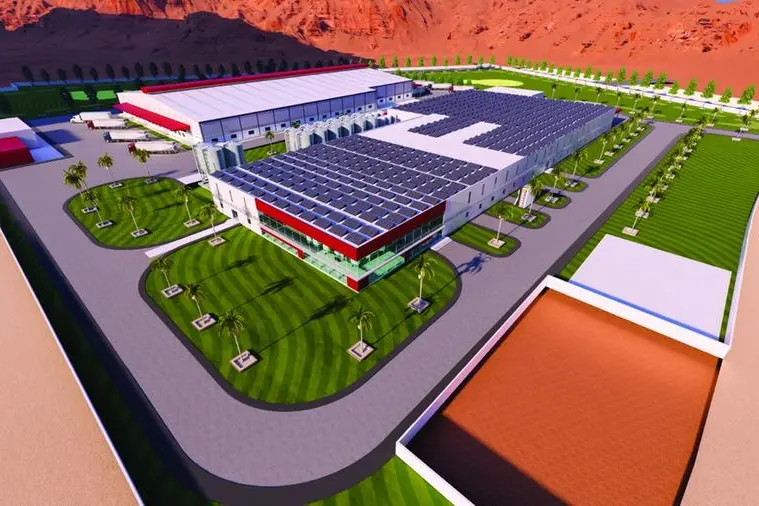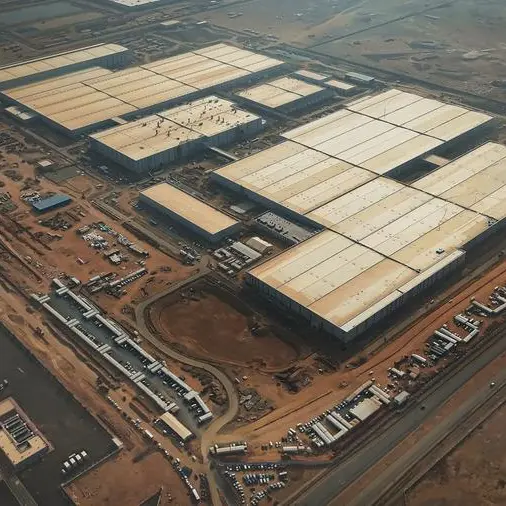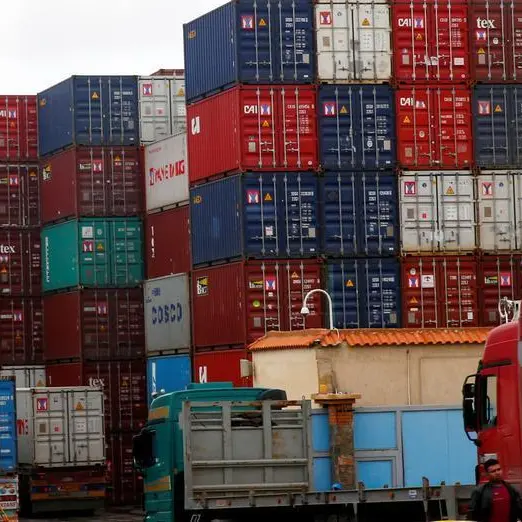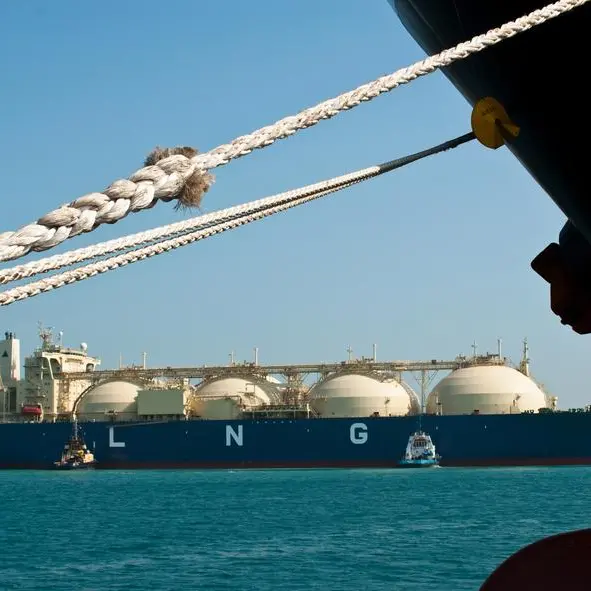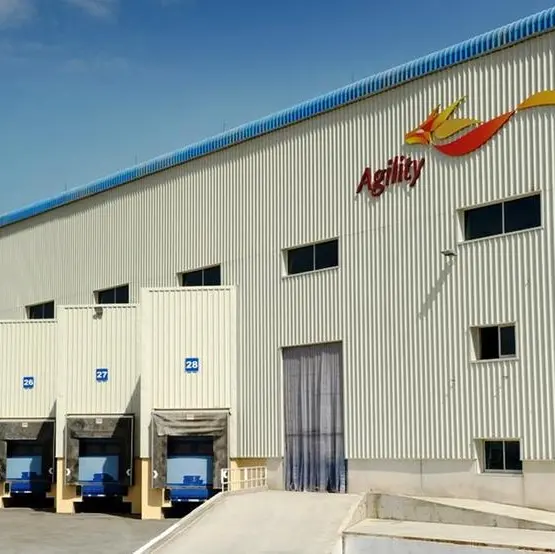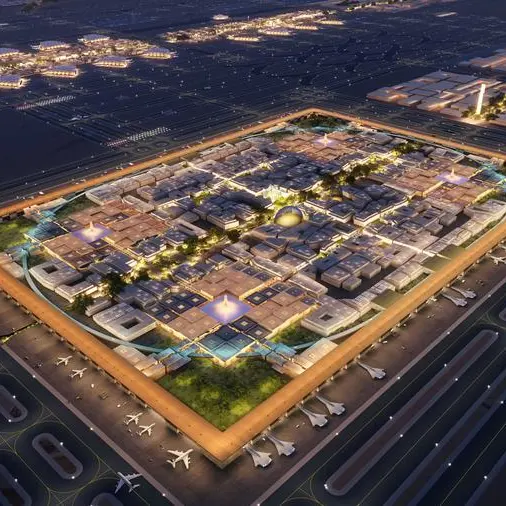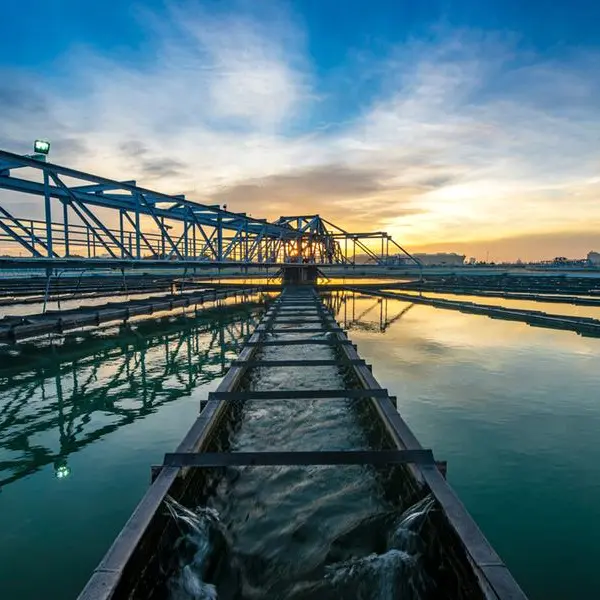PHOTO
Falcon Brews, the first licensed brewery-cum-spirits blending and bottling project in the Gulf region, will break ground in Ras Al Khaimah in the UAE around June 2024, a top company official said.
“We will cater to GCC plus Africa through manufacturing partnerships and our route to market is to launch our own Middle East-centric brands within the region in the second year of operation,” said Leonard Menezes, Chief Marketing Officer and Director in an exclusive interview with Zawya Projects.
The two-phase project spans 25 acres with one-third of the land allotted to spirits blending with the remaining area allocated for the bottling plant and the brewery.
Phase 1 comprises a blending and bottling plant and a large commercial brewery with a monthly production capacity of 100,000 cases and 300,000 cases respectively. In Phase 2, the bottling line production will triple to 300,000 cases while the brewery production will double to 600,000 cases.
“The total project value (when completed with Phase 2) will be around $65 million - the breakup is around $45 million assigned to the brewery and $20 million for the bottling unit,” disclosed Menezes.


Work has started on the compound wall and on water and electricity utilities. Nirman Consultants is the project architect while Middle East Engineering Consultants is the main civil/MEP contractor.
Menezes said construction will start simultaneously on both plants.
“The spirit bottling will take around nine to 10 months to complete while the brewery is a larger project with a complex construction process. We estimate a timeline of about 18 to 20 months and expect to finish construction by the beginning of 2026.”
In the first year of operations, the production capacity will be approximately around 65 percent and will go up to around 85 percent by the second year.
“In the third year, we will go in for an expansion and double the production levels by 2028; only additional tanks would be required in this phase as we will finish the design, construction and utilities in Phase 1 itself,” he said.
Financials
The project is being funded through a debt equity model with 30 percent equity from promoters and 70 percent debt from financial institutions.
Menezes said the company is in active discussions with banks within the UAE and outside to fund the debt portion.
He continued: “We are also in discussions with some highly interested potential investors looking to invest in this space in the UAE. This includes a few international brewers who are in discussions with us for equity as they want some control in the management, production, quality and the supply chain.”
Phase 1 funding requirement for the brewery is estimated at around $30-35 million, the Falcon Brews official said.
“The rest is needed for the expansion when we will install the required additional tanks and that will take the investments to $45 million. Likewise, the bottling unit will be done at a cost of $10 million. We will need additional $10 million for expansion when we will triple production to 300,000 cases. But in the brewery, we will be bottling, canning and kegging our brands from the start.”
Underserved market
Menezes said the main objective of the strategically-located brewery is to capture the underserved demand for beer in the region and Africa and achieve a market share of 35 percent within the next five years.
He pointed out that the region’s alcobev market is entirely dependent on foreign imports to meet domestic and tourist demand.
“This leads to supply constraints in the form of higher cost, logistical bottlenecks and exposure to external political, social and economic risks. Most companies are not able to tap the full potential of the markets due to an absence of a domestic brewer in the region.”
“Since we are very strategically located within the UAE, we would be catering to most of the markets in the Gulf region as well as Africa, which has a sizable beer drinking consumer base due its extreme weather conditions.”
“In terms of the spirit blending and bottling plant, besides bottles, we have already started getting enquiries for tetra packs from Africa. We are also finalising orders from Phase 1 production with two leading Indian alcobev companies doing sizable business in GCC.”
Menezes said the company is looking at using the Saqr Port (Ras Al Khaimah) and Jebel Ali Port (Dubai) for importing raw materials and exporting finished goods due to the competitive advantages for local production.
He continued: “This includes a zero import duty on raw materials, 10 percent customs duty v/s standard 50 percent duties for mainland sales, 15 percent savings on logistics and freight costs, favourable government policies on local production, better control on the quality and age of the product. Above all, the ability to manufacture and sell draught beer is a great advantage, thus making this a viable investment opportunity.”
The UAE alcoholic beverages market domestic market size stood at $2.3 billion in 2023, wherein spirits comprised 50 percent of market or $1.2-1.3 billion. The overall market is expected to grow at a CAGR of 8.1 percent to reach $3.8 billion by 2030, according to market studies done by the company.
Made in UAE label
To speed up the project timeline, the fabrication of the tanks and other structures will be done in Ras Al Khaimah. "We can proudly say that this will be a Made in UAE project with all international quality standards put in place. It will save us logistics, time and money,” said Menezes.
Falcon Brews will be importing the filling and packaging lines for kegs, cans and bottles from Germany.
“We have finalised a supply agreement with Krones of Germany, who are one of the world leaders in process, filling, and packaging technology for several reasons; including the fact that they have a robust team to support us from India. We will import all the critical parts of the brew house, PLCs, and process systems that would be integrated into the brewery here,” he added.
Expansion plans
Menezes noted that consumer behaviour trends are aligned with other developed markets with 0.8 percent online penetration in the last three years and expected to grow sharply. “The UAE government’s decision to scrap the 30 percent alcohol tax is expected to boost the demand further. Another driver is demographic growth - expats form above 80 percent of the population with a 5 percent CAGR prediction. These factors will continue to keep the alcobev market going strong in the Gulf region,” he said.
In terms of future plans, Falcon Brews will maintain the UAE as its production base and expand into the non-alcoholic beer segment.
Menezes said currently, non-alcoholic beer demand in the region is met through imports.
“We know that there is a huge potential for this segment and are already making provisions to tap that market with a de-alcholisation unit in the brewery. We see a huge potential opportunity to can, bottle or keg non-alcoholic beer and distribute it across malls in the UAE and other markets like Saudi, Kuwait which have a huge market for non-alcoholic beverages,” he concluded.
Read more: UAE’s first commercial brewery set to open in Abu Dhabi - Bloomberg
(Reporting by Sona Nambiar; Editing by Anoop Menon)
Subscribe to our Projects' PULSE newsletter that brings you trustworthy news, updates and insights on project activities, developments, and partnerships across sectors in the Middle East and Africa.
